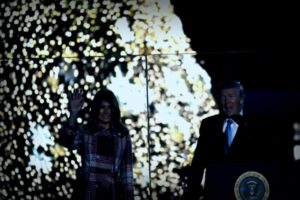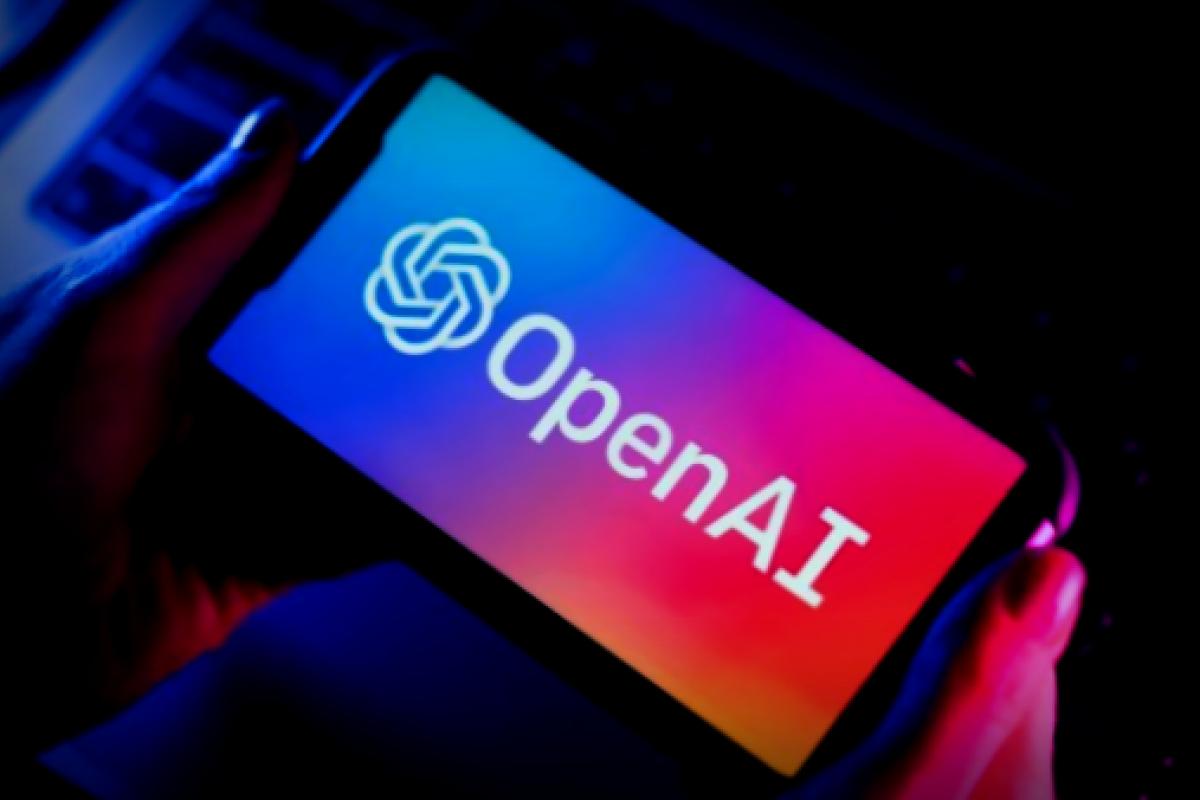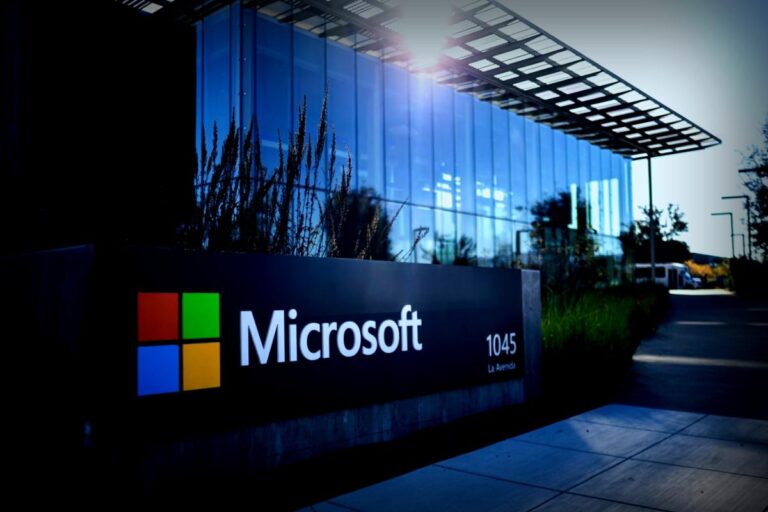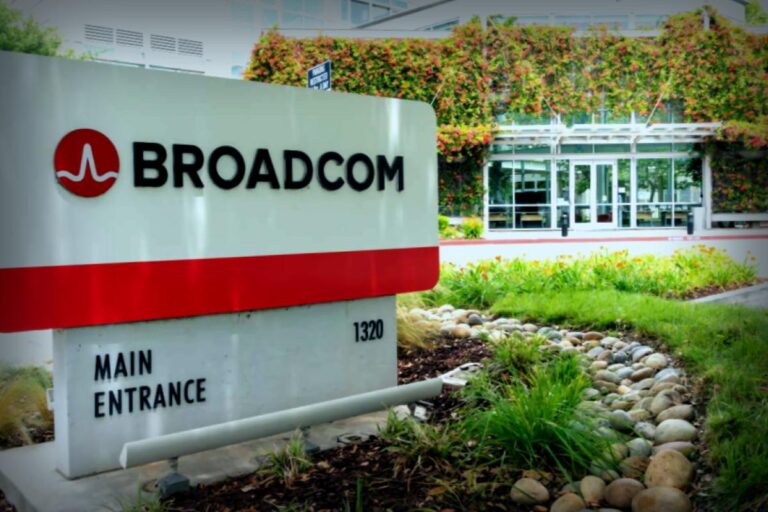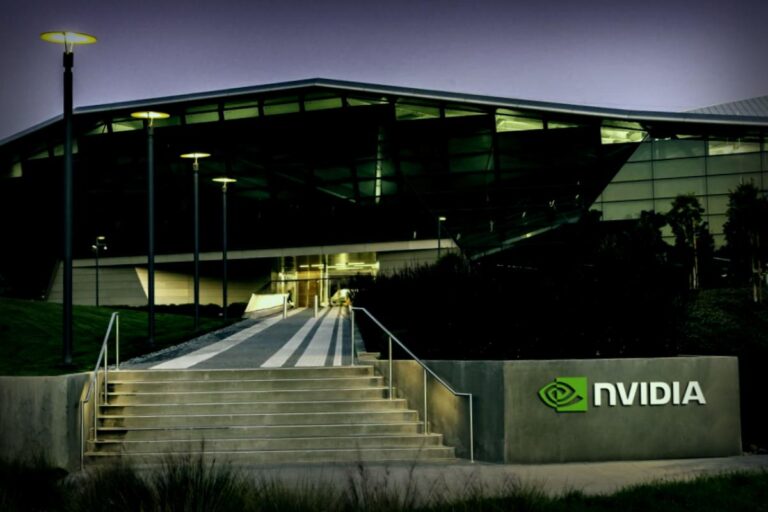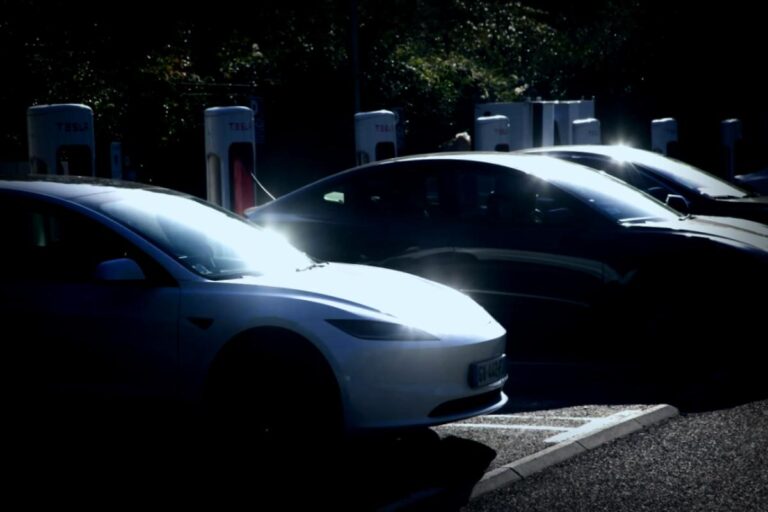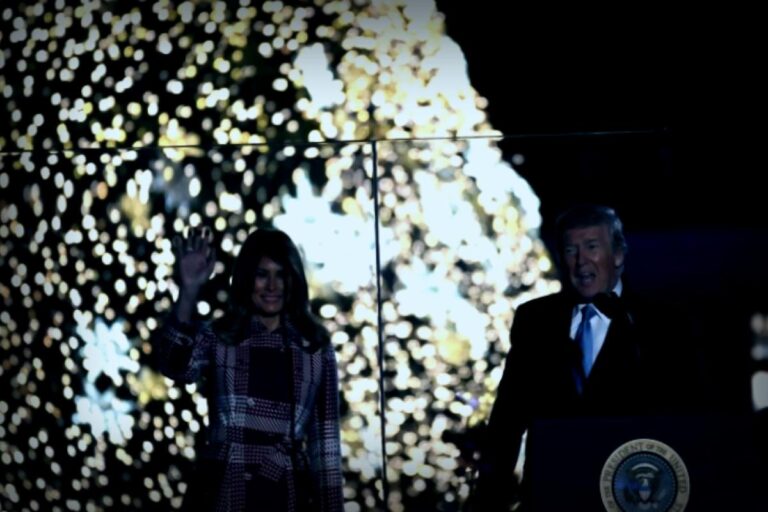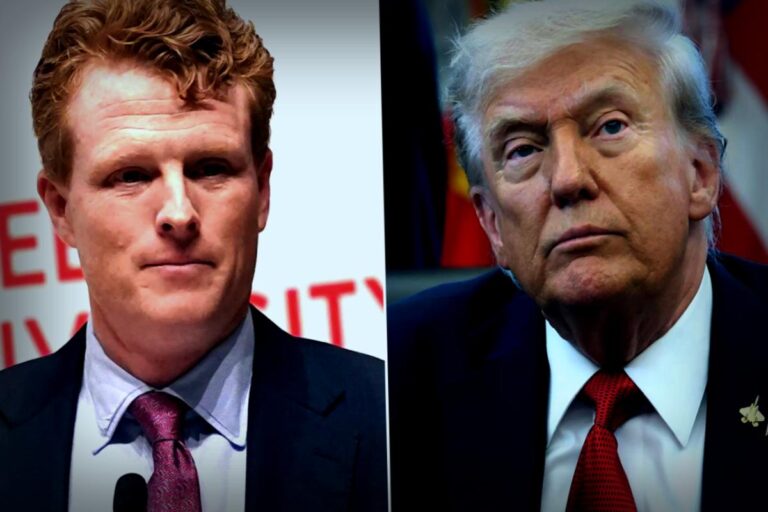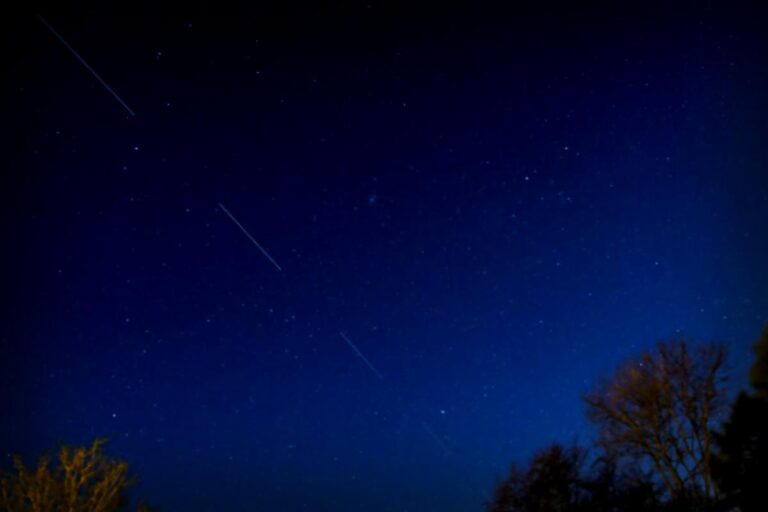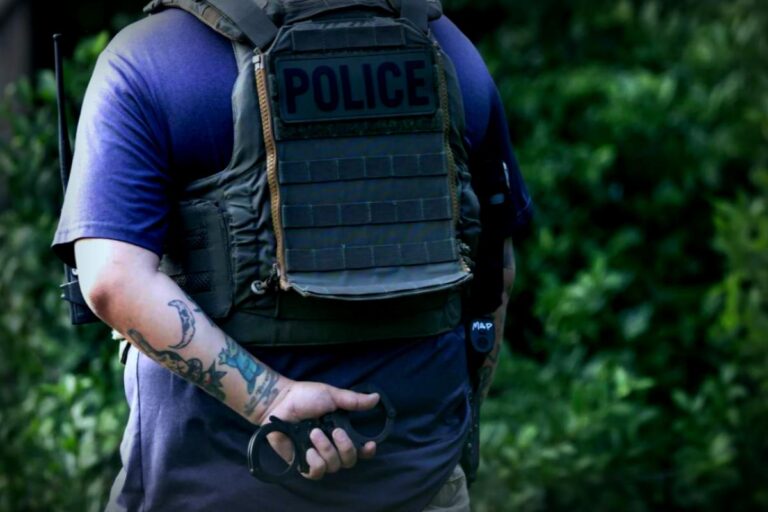OpenAI, the mind behind ChatGPT, has stirred up quite a ruckus online with the rollout of its fresh AI video feature, Sora 2. This new capability has set off alarms as it suggests that artists and companies need to opt out if they don’t want their copyrighted works used without approval, according to Reuters.
What’s the Buzz?
As generative AI has surged in popularity, the legal grey areas it’s operating in have come under greater scrutiny. It turns out AI models are being crafted using a vast library of human-made content, much of which is under copyright protection. This brings into question whether AI’s output—be it a video, image, or text—can truly be considered original or if it’s treading on copyright infringement.
“It might look like new materials just appear out of thin air, but that’s not accurate,” stated the authors of an article in the Harvard Business Review from 2023. “Generative AI systems function on massive datasets analyzed with advanced software acting on massive libraries of text and images.”
They went on to explain that these AI programs identify trends and create rules to provide relevant answers based on user prompts.
The rapid evolution of AItechnology has created a lag in legal protections, leading to multifaceted dilemmas. Numerous creators and businesses have taken to the courts, contending that their original works are being misused in AI training processes, without proper respect for their legal rights.
With OpenAI now pushing the Sora platform, a tool for generating and distributing AI video content, the demand for clarity has become more urgent. We hear that a big-name player, Disney, has already opted out of participating in the content pool for this venture, as reported by Reuters.
Why Should We Care About Copyright?
Just like other types of intellectual property rights, copyright serves a crucial function by motivating individuals to invest their time and creativity in generating unique works. The assurance that no one else can easily capitalize on these innovations encourages invention.
According to the Intellectual Property Office of Ireland, “Copyright protections are key for driving creativity, inspiring economic growth,” they pointed out. “Without copyright, it would be far too easy for others to take these works without compensating the creator.”
With the rise of generative AI, a brand-new threat emerges for creative professionals. The danger here is that technology could end up performing creative tasks better than human artists—not to mention the terrifying thought that many could lose their livelihoods to creations that are based on their own artistic output!
If creators can’t earn a living from their hard work honed over years or decades, we might find ourselves surrounded by mediocre AI products instead of the authentic creativity that defines human experience. The requirement for creators to ‘opt out’ feels unfair, shifting the responsibility onto them and rendering OpenAI as a dominating player, almost like a global copyright authority, rather than just another company challenging boundaries. This gives off an uncomfortable vibe that tech firms are collating content first and seeking permissions later, prioritizing speed over ethics.
“Is anyone shocked by this?” remarked a user named Kamila (@kanomalie) in a tweet.
On top of the ethical concerns, generative AI represents a high economic toll—essentially costs burdened by society while benefiting a select few. As the gigantic, power-hungry data centers driving AI innovation multiply, they contribute massively to pollution and have also driven up energy prices that hit everyone hard.
What’s Being Done About This?
While wealthy corporations like Disney can muster sufficient resources—complete with legal legs—to shield their copyright from breaches committed by AI companies, individual artists and smaller entities aren’t as fortunate, making them an easy target.
This should galvanize lawmakers into action to clearly define what amount to copyright violations in the context of AI, while implementing real avenues for artists to protect their creative outputs effectively.
Otherwise, the artistic landscape of tomorrow may be overwhelmingly full of generative AI rubbish.
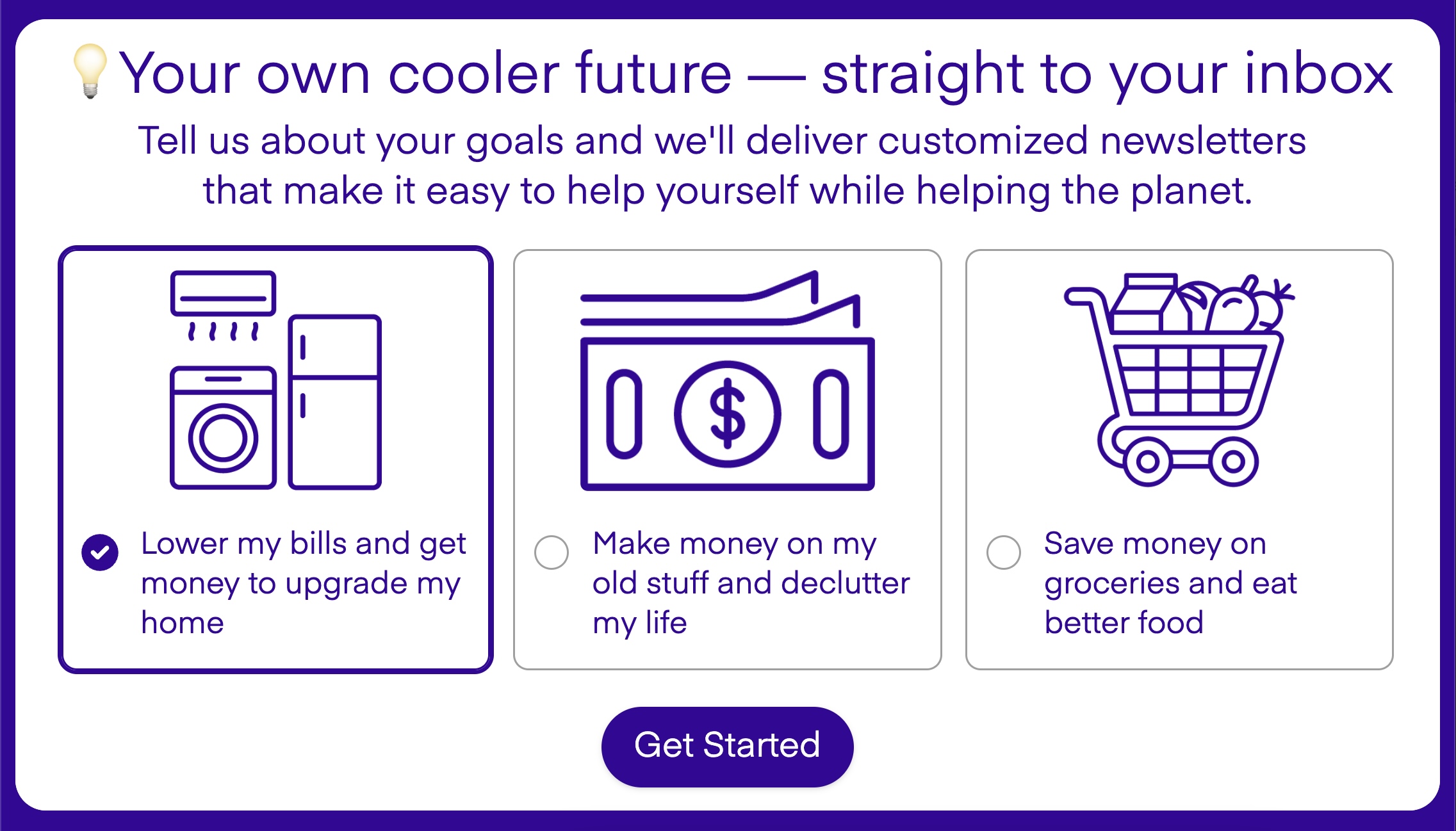
Sign up for our free newsletter to get inspiring stories and helpful tidbits, and don’t miss this awesome list of simple actions to contribute to your well-being while supporting the planet.
OpenAI’s New AI Video App Causes Stir: ‘Is Anyone Really Surprised?’ initially appeared on The Cool Down.

